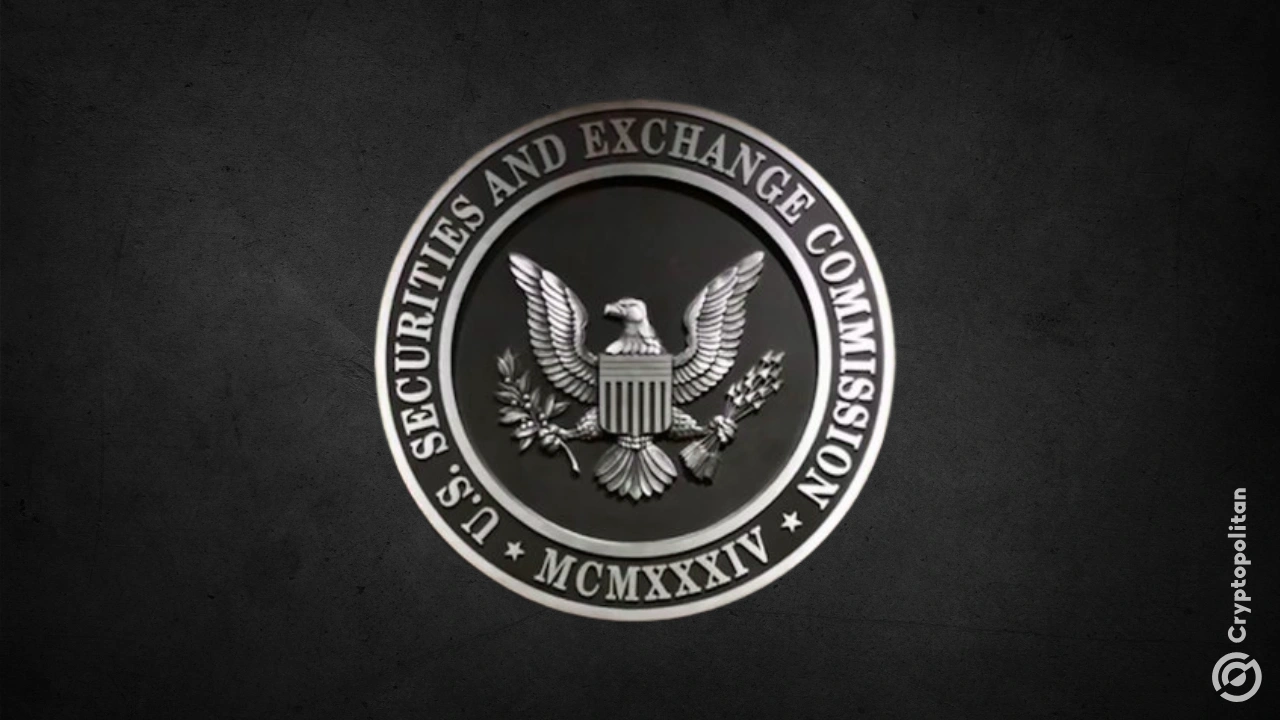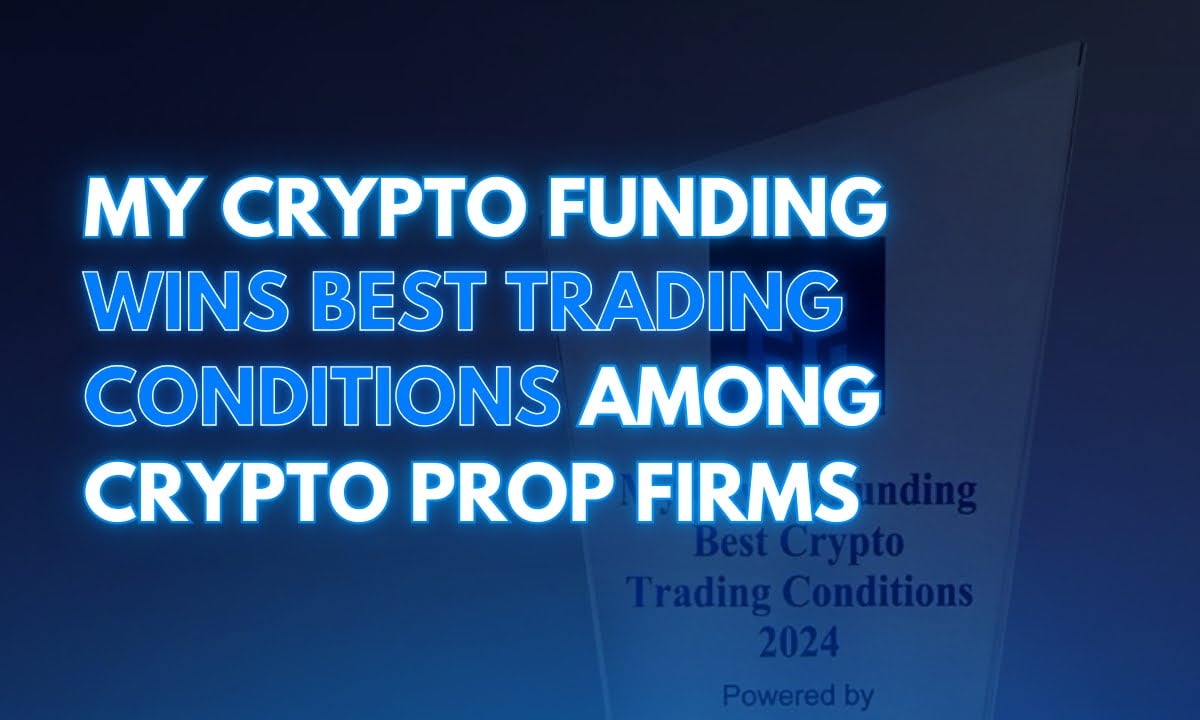The US Securities and Exchange Commission may be open to a flexible exemptive approach to crypto regulation. A potential sandbox approach was discussed at the Crypto Task Force Roundtable on crypto trading.
Mark Uyeda, the Acting Chairman of the US Securities and Exchange Commission (SEC) hinted at creating an exemptive regulation for crypto trading platforms. The sandbox approach will open the doors to input from multiple already operational crypto platforms, as an intermediate step before a general SEC policy on digital assets.
The new remarks opened the next round of discussions between the SEC and representatives of crypto platforms. This edition was titled ‘’Between a block and a hard place: tailoring regulation for crypto trading’ and featured nine prominent panelists from crypto space, academia, and traditional finance.
The US SEC held its first roundtable in March, with the plan to run several rounds of discussion and consultations. The regulator reached out to former enforcement targets Coinbase and Uniswap for feedback and proposals on new crypto regulation. Uniswap has been represented by Katherine Minarik, Chief Legal Officer at Uniswap Labs. Coinbase sent VP Greg Tusar, in charge of Institutional Product and dealing with institutional brokerage.
Uyeda’s opening statement to the Roundtable discussion suggested crypto market operators may prefer a general framework, instead of multiple state licensing rules.
“Under an accommodating federal regulatory framework, some market participants would likely prefer to offer trading in both tokenized securities and non-security crypto assets under a single SEC license rather than offer trading solely in non-security crypto assets under fifty different state licenses,” said Uyeda.
The SEC will work toward a common regulatory framework for trading platforms, but in the short term, Uyeda proposed a period of exemption. He opened the Roundtable discussion by calling for feedback on potential exemptions before reaching a common ground on regulation.
Crypto sandbox may need new rules for trading outside existing security law
Uyeda pointed out that existing crypto platforms took a varied approach to asset trading. The platforms were capable of offering both tokenized securities and non-security tokens. Additionally, blockchain custody, settlement, and reserve options meant the new platforms could offer 24/7 activity.
The panelists brought up the issue of high-speed trading and position disclosure. Currently, crypto activities contain multiple markets with no oversight, allowing for undetected activity to front-run transactions.
The panelists also focused on not shoehorning crypto into the existing security framework, but working toward a new regulation for problems specific to blockchains, decentralized trading, and existing crypto trading. One of the proposals included a best execution obligation, suggested by Tyler Gellasch, President and CEO of the Healthy Markets Association. Best execution obligation was also proposed as a tool to turn the US crypto market more competitive and draw in more traders, who may be otherwise using less reliable global platforms.
The current securities trading law has not taken into account the technological shifts in trading. Tokenized securities can use smart contracts instead of transfer agents, and automate the exchange and clearance, stated Uyeda. The SEC will discuss the regulation of those processes, which currently do not have a common standard, and even pose the risk of hacks or losses.
Following the discussion on regulation, the next SEC meeting on April 25 will discuss crypto custody and the duties of custodians.
The May 12 roundtable will discuss tokenization and the cross between TradFi and DeFi. The last roundtable on June 6 will discuss DeFi and the specific challenges of implementing the technology for the US market.
The Crypto Task Force is a shift in the general approach of the SEC, switching from a prohibitive approach and aggressive lawsuits to a sandbox approach with grace periods for existing crypto activities.
Cryptopolitan Academy: Tired of market swings? Learn how DeFi can help you build steady passive income. Register Now
















No comments yet